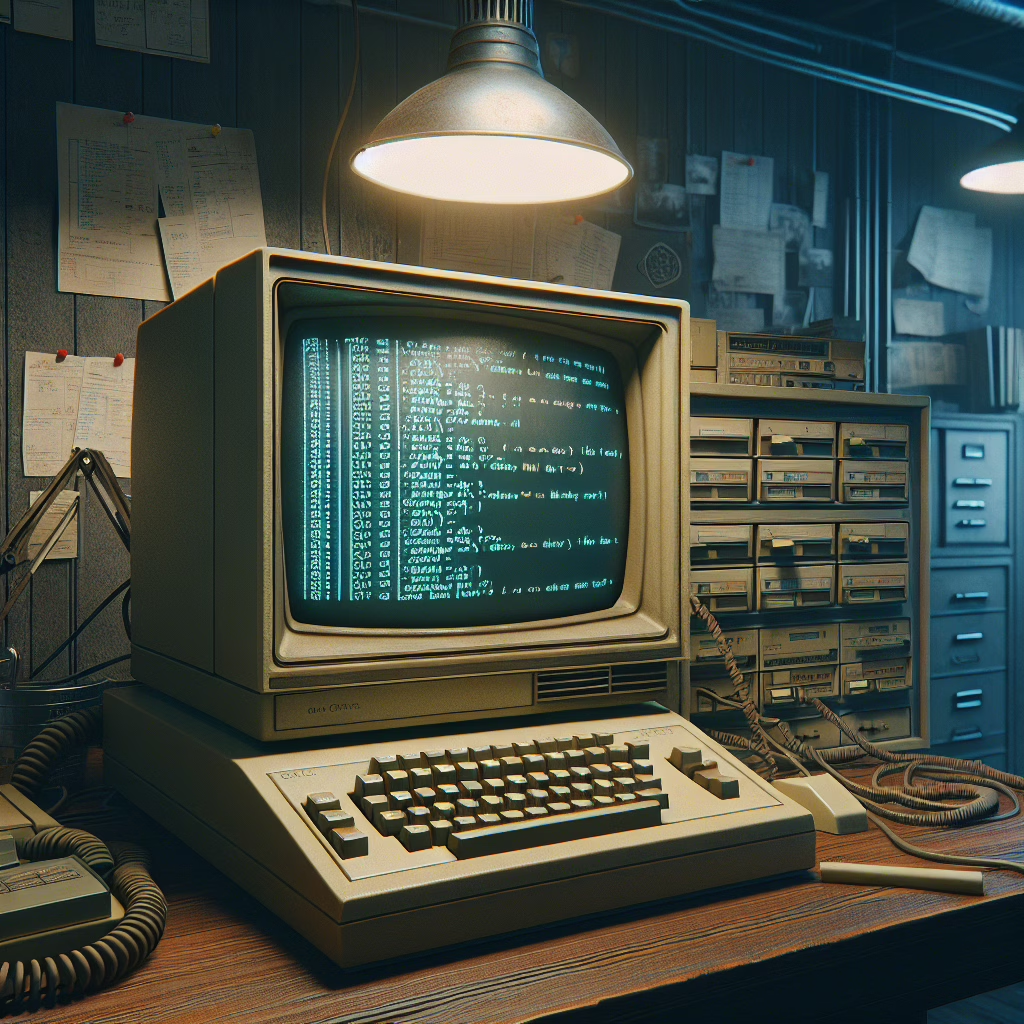In a delightful twist of tech nostalgia, Microsoft has opened the vaults and shared Bill Gates’ original 6502 BASIC code from 1978. Yes, you read that right! What was once locked away in the annals of history is now available for all to see, tinker with, and maybe even fall in love with—again! This move not only brings back fond memories for those who remember coding on the Commodore 64 but also offers a fresh perspective for today’s budding programmers.
The Joy of Nostalgia: Revisiting 6502 BASIC
Picture this: it’s the late ’70s. Bell-bottoms are in fashion, disco music fills the air, and budding computer enthusiasts are learning to code using a language that sounds more like a math test than a programming tool. Enter Bill Gates and his creation: 6502 BASIC. This language powered early computers and sparked a revolution in personal computing. And now, in 2025, it’s making a comeback! By open sourcing the code, Microsoft not only honors its roots but also invites developers everywhere to experience the charm of retro programming. The best part? You don’t need to wear flared jeans or listen to ABBA to enjoy it!
Why Open Source Matters in 2025
Open sourcing isn’t just about nostalgia; it’s about collaboration and innovation. With the rise of new programming languages and frameworks, revisiting older languages like 6502 BASIC can provide invaluable lessons. It teaches us simplicity and efficiency—two concepts that sometimes get lost in today’s complex coding world.
As developers dive into this vintage treasure trove, they might stumble upon some surprising insights:
- Efficiency: The compact nature of BASIC forces programmers to think critically about resource management—a skill that’s increasingly important in our resource-heavy digital age.
- Creativity: With limited capabilities come boundless creativity. Developers may find innovative ways to push the limits of this classic language.
- Community: Open sourcing encourages community-driven projects. Who knows? We might see new applications built on this vintage language that could become the next big thing!
Getting Your Hands Dirty with Basic Coding
If you’re itching to try your hand at 6502 BASIC, Microsoft has made it easier than ever. The code is now available on GitHub—yes, even your grandma can access it (assuming she has a computer). All you need is a little curiosity and perhaps a cup of coffee for those late-night coding sessions!
For those who might be intimidated by coding, fear not! Learning BASIC can serve as an excellent entry point into the world of programming. Plus, you get bragging rights when you tell your friends you’re coding in a language created by one of tech’s founding fathers.
The Future is Bright (and Retro)
This initiative isn’t just about nostalgia; it’s about bridging the gap between generations of developers. As we propel ourselves into advanced technologies like AI and machine learning, let’s not forget the basics—pun intended! The principles learned from 6502 BASIC can inform modern programming practices.
Plus, there’s something undeniably charming about working with a language that has stood the test of time. It reminds us that every technological leap we take builds upon what came before it—like stacking LEGO blocks but with fewer sharp edges!
Your Turn to Code Like It’s 1978
So what are you waiting for? Dust off those old programming books (or download some PDFs) and start experimenting with 6502 BASIC. Whether you’re an experienced coder or just starting your journey, this retro revival offers something for everyone. If nothing else, you’ll have some great stories to tell at your next tech meetup! And who knows? You might just spark a new trend—after all, vintage is always in style.
In conclusion, let’s raise our mugs (of coffee or soda) to Microsoft for this nostalgic gift. It’s time to honor our past while coding for our future!
Please share your thoughts on this retro revival in the comments below! We’d love to hear how you plan on diving into 6502 BASIC or any memories you have associated with it.
A huge thank you to Ars Technica for inspiring this trip down memory lane!

